No wedding is perfect. Maybe the food is a little late, or maybe a few guests decide to violate the dress code, but there’s always something that goes against the couple’s wishes. However, most of the issues that arise aren’t dealbreakers. People can ride them out and still have a good time.
Real problems are rare, but occasionally, they do happen. Unexpected grand announcements are probably on every newlywed’s disaster list: an engagement can instantly overshadow your big day—or, worse yet, a divorce.
A wedding is a celebration for the entire family

Image credits: EyeEm / freepik (not the actual photo)
Unless some of its members decide to use the occasion to settle their differences with others
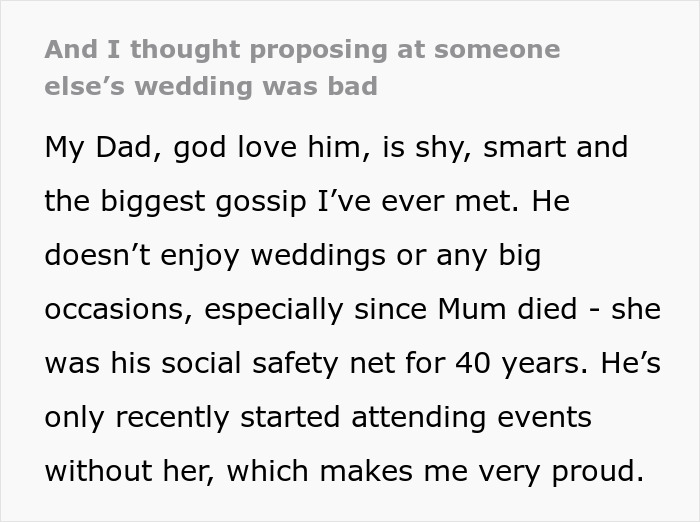
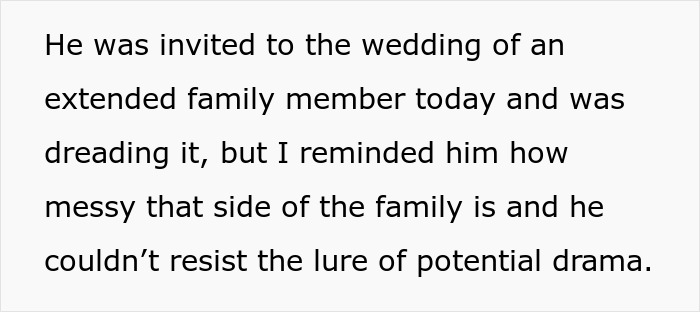
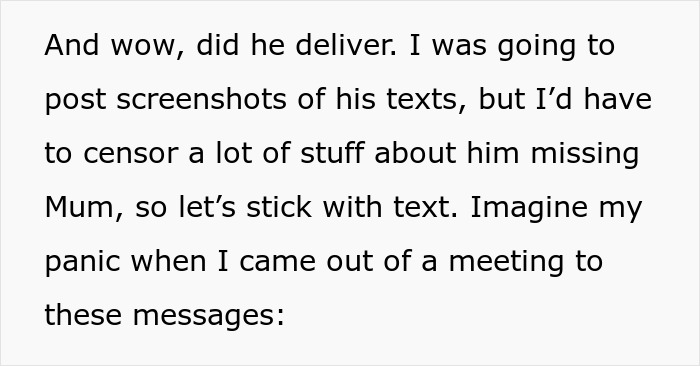

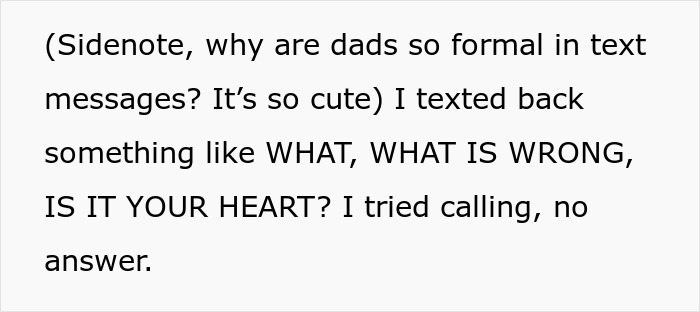
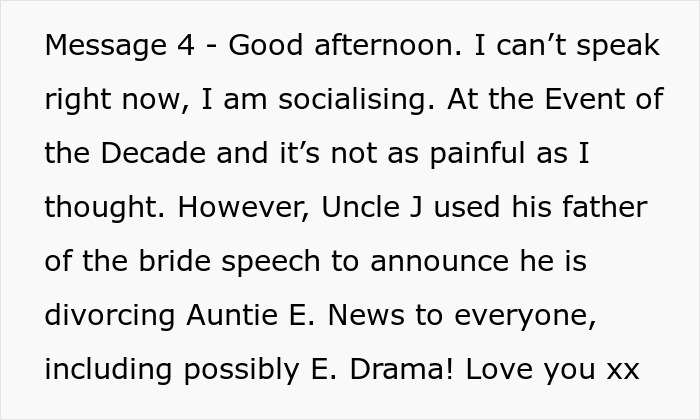

Image credits: Image-Source / envatoelements (not the actual photo)
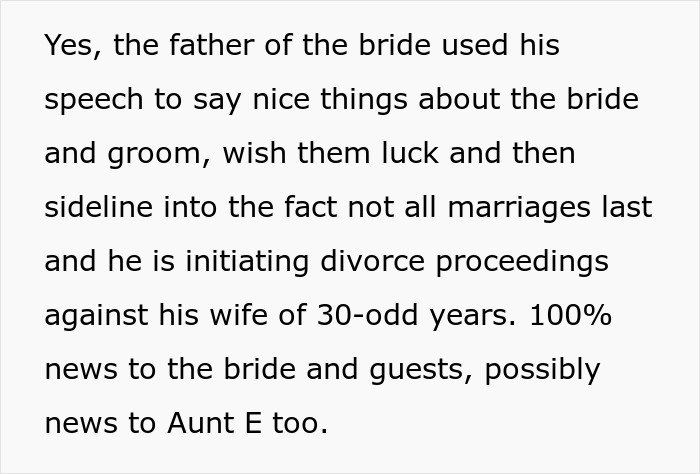

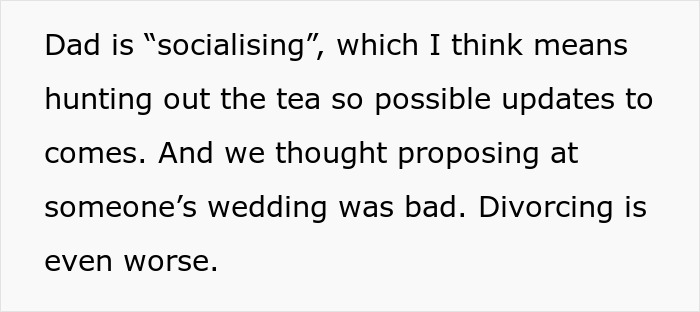
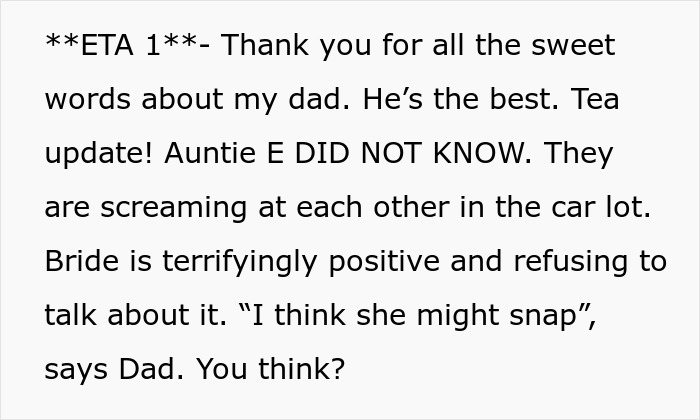

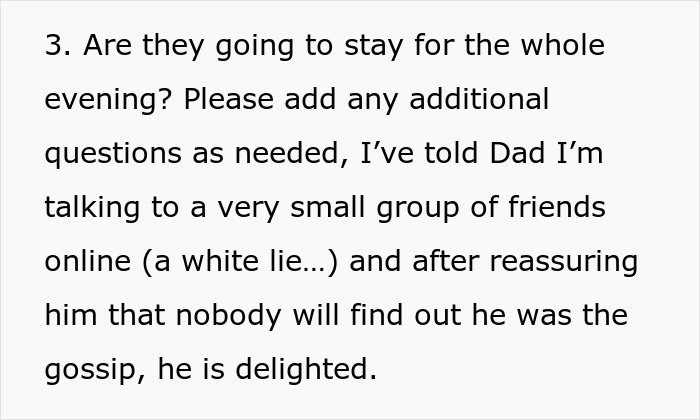
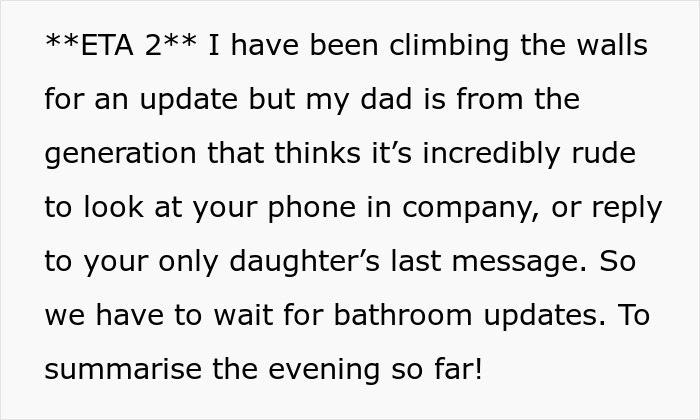
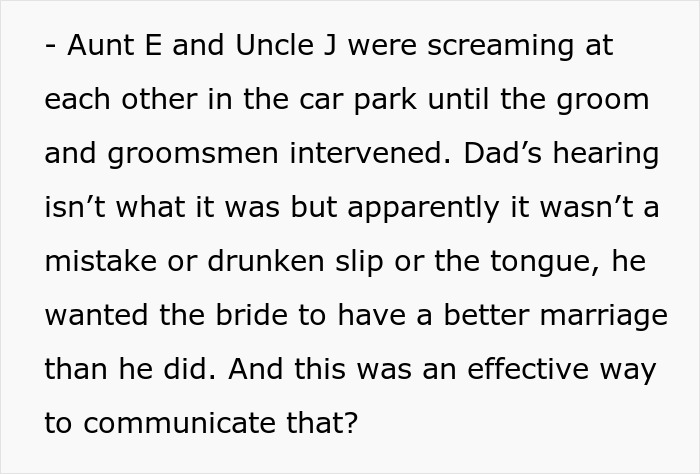
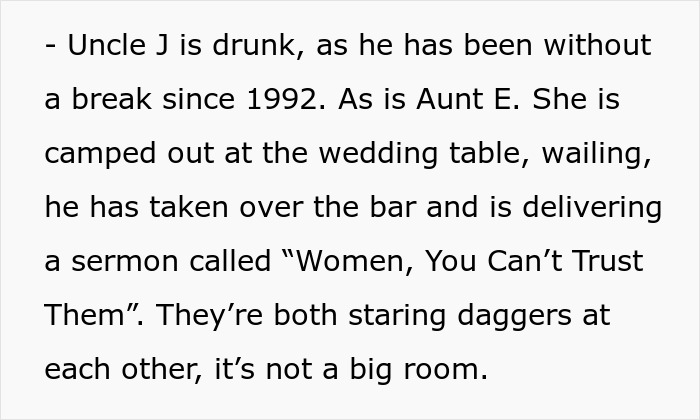

Image credits: gpointstudio / freepik (not the actual photo)
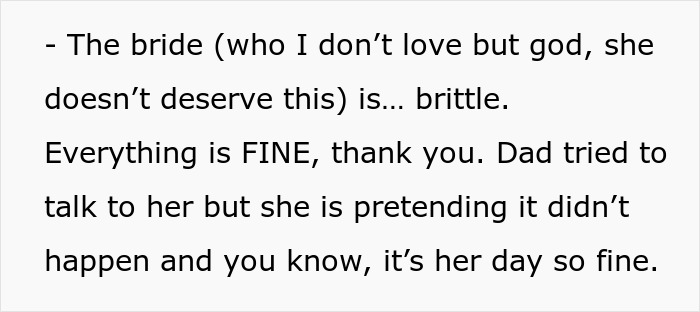
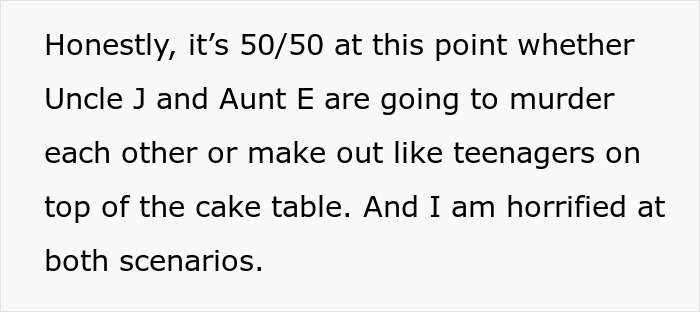
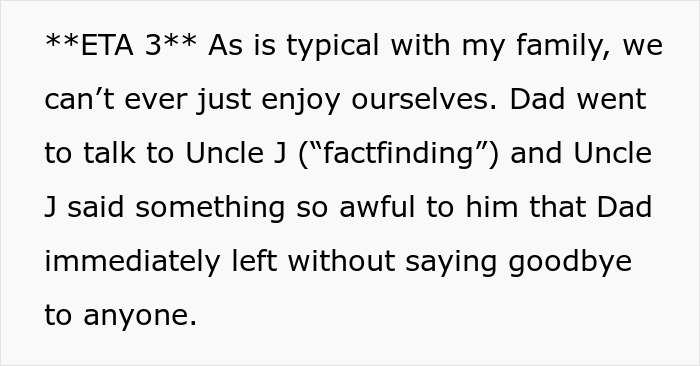
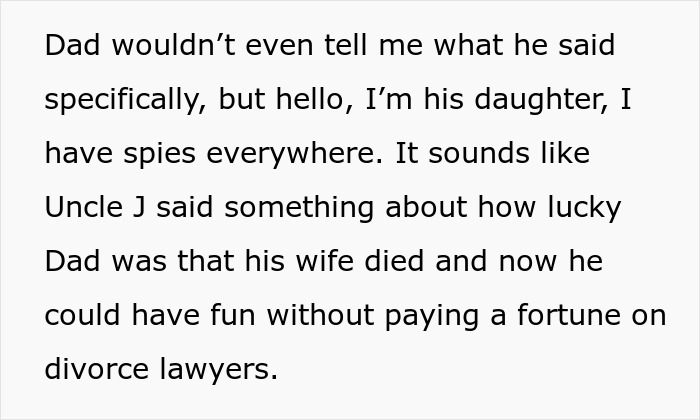

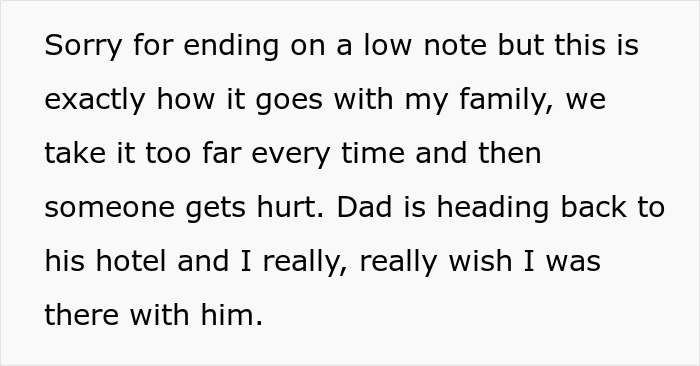

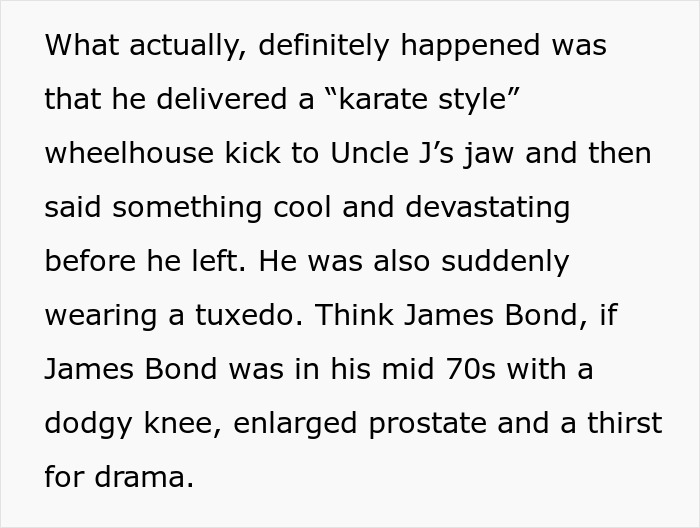

Image credits: Anonymous
The father of the bride is supposed to make her shine, not embarrassed

Image credits: freepic.diller / freepik (not the actual photo)
We got in touch with Lisa Burton, a UK-based wedding planner and founder of The Bridal Consultant, and she told Bored Panda, “Traditionally the biggest role of the dad at the wedding is to calm the bride before she makes her entrance down the aisle. It’s a very emotional time, often fraught with nerves, so having her dad’s support is crucial in calming the bride so she can look glowing and relaxed, ready for her big moment.”
The post didn’t mention this integral part of the ceremony, so we can probably assume that it went well. It was during a toast that the man went rogue.
A YouGov survey reveals that speeches at wedding receptions are traditionally a male-dominated affair. Six in ten (62%) believe the best man should give a speech, as well as 51% for the groom and 48% for the father of the bride.
Interestingly, this view is just as widely held among women as men. Women were actually more likely than men to say they wanted the best man (63% vs. 61%), groom (54% vs. 47%), and father of the bride (51% vs. 44%) to speak—particularly the last two—quite possibly because men can imagine themselves having to give that speech and they don’t want to.
“A good speech shouldn’t be too long or too short. I suggest around 10 to 15 minutes,” Burton said. “For most, this will be their first time speaking in public, so a shorter speech doesn’t feel as overwhelming to write or perform. A long, drawn-out speech will have guests reaching for the wine or escaping on their phones.”
According to her, “A speech that includes good-natured humor is often well received and can be a real highlight of a wedding.” However, “jokes shouldn’t cause alarm or embarrassment, and the speech has to appeal to a wide range of ages and be respectful of family, who will be listening intently.”
“In my experience, a good speech stays with you long after the day. I still remember our best man’s speech at my wedding, over 21 years ago,” the wedding planner added.
Burton is not alone. According to one survey of 380 wedding guests, the overwhelming majority (54%) admitted the thing they remember the most from the event are the speeches, well ahead of music (21%) and the cake (4%).
I think it’s safe to say the dad’s ode to his divorce will also be remembered by those who heard it—but for all the wrong reasons.
As the story went viral, its author joined the discussion in the comments













from Bored Panda https://ift.tt/Dtojhdq
via IFTTT source site : boredpanda